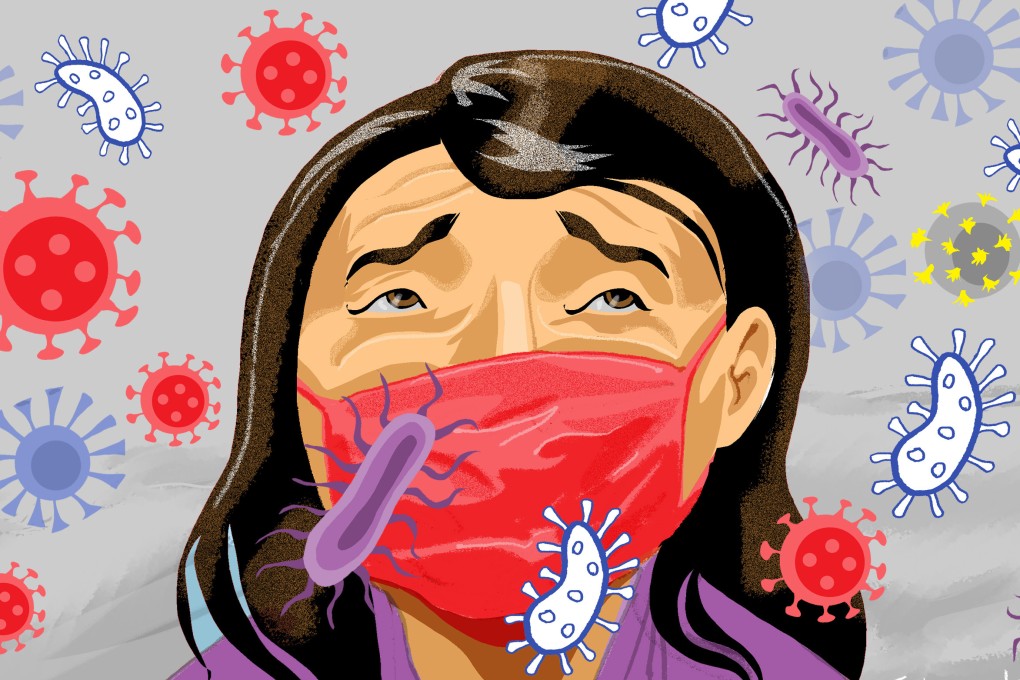Opinion | Covid-19 persists amid puzzling hepatitis cases and monkeypox outbreaks – welcome to the new abnormal
- Compared with countries like the UK that are living with the virus and the mainland’s citywide lockdowns, Hong Kong’s measures have been more balanced, albeit with some oddities
- A sensible approach would be to now focus on a few science-driven initiatives, like improving air quality

On February 1, 2020, as the coronavirus yet to be named Covid-19 was starting to spread, Andrew Noymer, an epidemiologist at the University of California who studies infectious diseases, tweeted, “Duck tape your underpants. 2020 is going to be a wild ride”.
And what a wild ride it was, with the outbreak rapidly becoming a pandemic and – according to the worldometer website – causing 1,954,817 deaths by December 31, 2020. Not that the wild ride ceased at the end of 2020: Covid-19 is still here, with the official death toll now at over 6.3 million, and still rising.
Scientifically, we’ve learned a lot about Covid-19 and ways to combat it, even developing vaccines that greatly reduce the risk of death. Yet the virus remains an issue, no matter how much we might wish it gone.
Worldwide, responses to Covid-19 vary greatly, beset by fuzzy thinking, and with people also prioritising economic growth, retaining positions of power and so forth. Meanwhile, like a relentless sci-fi automaton, Covid is set on its goal: “Must … infect … more humans...”
